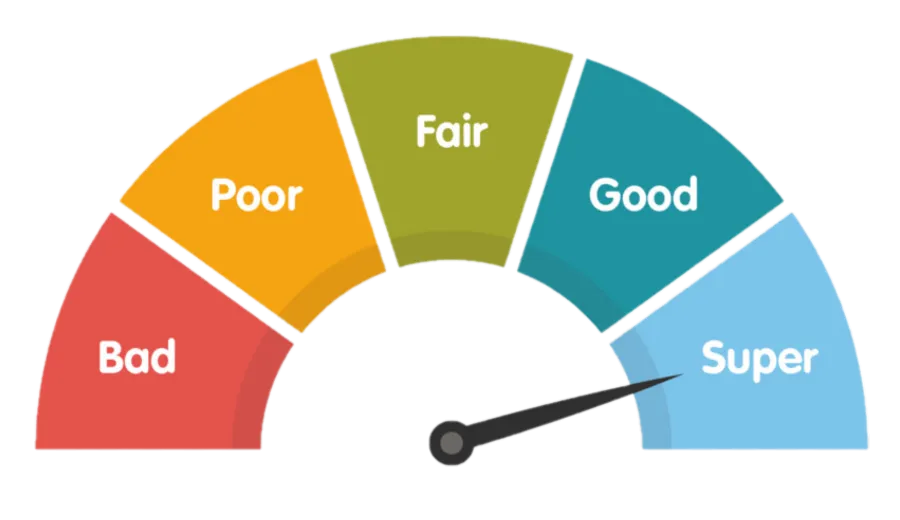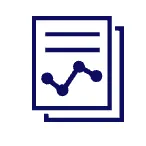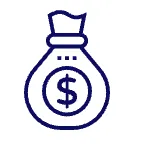Get A Great Rate On A
New Mortgage
Get A Great Rate On A
New Mortgage
Shawn McDowell
Mortgage Loan Officer
NMLS# 2014311
Be In Control of Your
Mortgage Credit Scores!
Own Your
Credit Scores
Experian, Transunion
& Equifax

Be In Control of Your
Mortgage Credit Scores!
Own Your
Credit Scores
Experian, Transunion
& Equifax

What We Do
Our experienced Loan Officers will match your goals with multiple lenders that can
fulfil your needs. We help you chose the best rates and terms available.

Home Purchase Loans
Secure a home purchase loan that utilizes today’s great mortgage rates to make your dream home affordable.

Refinance Rates
Lock in great terms with current interest rates to ensure your home remains affordable—or build more equity with an update!

Rate Comparisons
Unlike others, with only one product and one rate, as a Wholesale Broker, we represent 100+ Lenders. We can "shop around" your loan requirements to multiple lenders/banks simultaneously, and "lock in" the best rates and terms whenever you're ready.

Home Purchase Loans
Secure a home purchase loan that utilizes today’s great mortgage rates to make your dream home affordable.

Refinance Rates
Lock in great terms with current interest rates to ensure your home remains affordable—or build more equity with an update!

Rate Comparisons
Unlike others, with only one product and one rate, as a Wholesale Broker, we represent 100+ Lenders. We can "shop around" your loan requirements to multiple lenders/banks simultaneously, and "lock in" the best rates and terms whenever you're ready.

Fast Funding
In many "competitive seller markets" speed in closing can mean the difference between getting your offer accepted or rejected. We have lenders with average "clear to close" times in 14 days. Get a Pre-Qualification letter from us before making an offer.

Evaluate Your Property
Know where you stand. With a property evaluation in hand, you’ll have better access to your options so you can see the next move.

Cash-Out Refinance
Take advantage of your home’s equity with a cash-out refinance. It’s your cash — spend it how you see fit.

Fast Funding
In many "competitive seller markets" speed in closing can mean the difference between getting your offer accepted or rejected. We have lenders with average "clear to close" times in 14 days. Get a Pre-Qualification letter from us before making an offer.

Evaluate Your Property
Know where you stand. With a property evaluation in hand, you’ll have better access to your options so you can see the next move.

Cash-Out Refinance
Take advantage of your home’s equity with a cash-out refinance. It’s your cash — spend it how you see fit.
Use Our Free Tools
Your Time & Money Matter.
Let’s Not Waste Either.
From fast, custom digital quotes to a completely streamlined online loan application and approval
process, you can get your money and do what you want with it — usually in less than 30 days.
Why Choose a Mortgage Broker?
With The Shawn McDowell Team powered by NEXA Mortgage who represent over 130 wholesale lenders that are typically unheard of by the general public. These lenders work almost exclusively through independent brokers. We shop multiple sources for the best possible combination of interest rates, fees, underwriting leniencies and turn times. We individually tailor your loan for your specific needs and unique financial situation.

INDEPENDENT BROKER
We explore dozens of wholesale lenders to find the best fit for your specific needs.

PERSONAL ATTENTION
Our process is easy and transparent. Your complete satisfaction is our primary goal.

CUSTOMIZED LOAN
You choose the rate/fee structure that works best for you, not the loan officer.

INDEPENDENT BROKER
We explore dozens of wholesale lenders to find the best fit for your specific needs.

PERSONAL ATTENTION
Our process is easy and transparent. Your complete satisfaction is our primary goal.

CUSTOMIZED LOAN
You choose the rate/fee structure that works best for you, not the loan officer.
Get a Rate Quote
Mortgage rates change daily and vary depending on your unique
situation. Get your FREE customized quote here!
Mortgage rates change daily and vary depending on your unique
situation. Get your FREE customized quote here!
Get a Rate Quote!
Mortgage rates change daily and vary depending on your unique
situation. Get your FREE customized quote here!
Shawn McDowell
2014311
Popular
Support
Address
5559 S Sossaman Rd, Bldg 1 Ste 101 Mesa, AZ 85212

Copyright ©2021 | The Shawn McDowell Team
Licensed to Do Business | 2014311
This is not an offer to enter into an agreement. Not all customers will qualify. Information, rates and programs are subject to change without notice. All products are subject to credit and property approval. Other restrictions and limitations may apply. Copyright © 2021 | NEXA Mortgage
Corporate | NMLS ID NMLS# 1660690
Corporate Address : 5559 S Sossaman Rd, Bldg 1 Ste 101 Mesa, AZ 85212
Corporate NMLS NMLS# 1660690 | Company Website: https://nexamortgage.com
Shawn McDowell
2014311
Popular
Support
Address
5559 S Sossaman Rd, Bldg 1 Ste 101 Mesa, AZ 85212
Social

Copyright ©2021 | The Shawn McDowell Team
Licensed to Do Business | 2014311
This is not an offer to enter into an agreement. Not all customers will qualify. Information, rates and programs are subject to change without notice. All products are subject to credit and property approval. Other restrictions and limitations may apply. Copyright © 2021 |
NEXA Mortgage
Corporate | NMLS ID NMLS# 1660690
Corporate Address : 5559 S Sossaman Rd, Bldg 1 Ste 101 Mesa, AZ 85212
Corporate NMLS NMLS# 1660690 Company Website: https://nexamortgage.com
